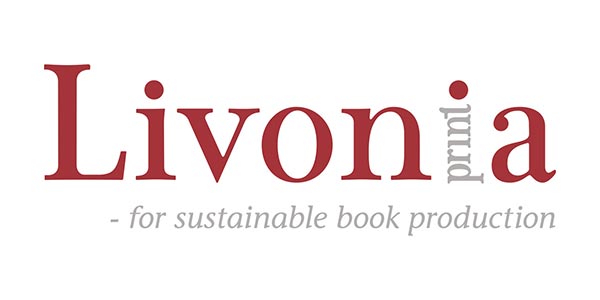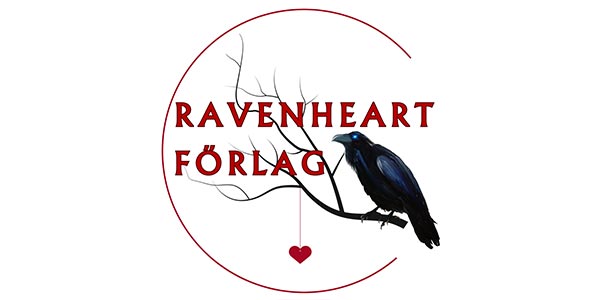
Tradition and Modernity Images of Jews in Latvian Novels 1934–1944

| Författare | |
|---|---|
| Förlag | Acta Universitatis Stockholmiensis |
| Format | Häftad |
| Språk | Engelska |
| Antal sidor | 325 |
| Vikt | 0 |
| Utgiven | 2008-01-01 |
| ISBN | 9789186071004 |
Jews in Latvian literature have traditionally been portrayed as essentially different, although generally not in a negative sense. With the establishment of Latvian independence after the First World War, and particularly during the years of authoritarian rule under Karlis Ulmanis, nationalism became an ever stronger force in society. A Latvian national discourse prevailed in which a particular focus on ethnic ‘others’ was central. This discourse also brought about a change in the perception of, and attitudes towards, Jews as reflected in Latvian literature.
Anette Reinsch-Campbell investigates a Corpus of Latvian novels published between 1934–1944, i.e. during three different non-democratic regimes: authoritarian and nationalistic (1934–1940), the first Soviet occupation (1940–1941) and the Nazi occupation (1941–1944). What images of Jews are conveyed in literature produced during these regimes and what is the impact of such phenomena as modernity, ethnocentrism, nationalism and anti-Semitism? In order to understand and evaluate the often very brief and sketchy images in the 1934–1944 Corpus, Reinsch-Campbell also presents a comprehensive historical and literary context.







